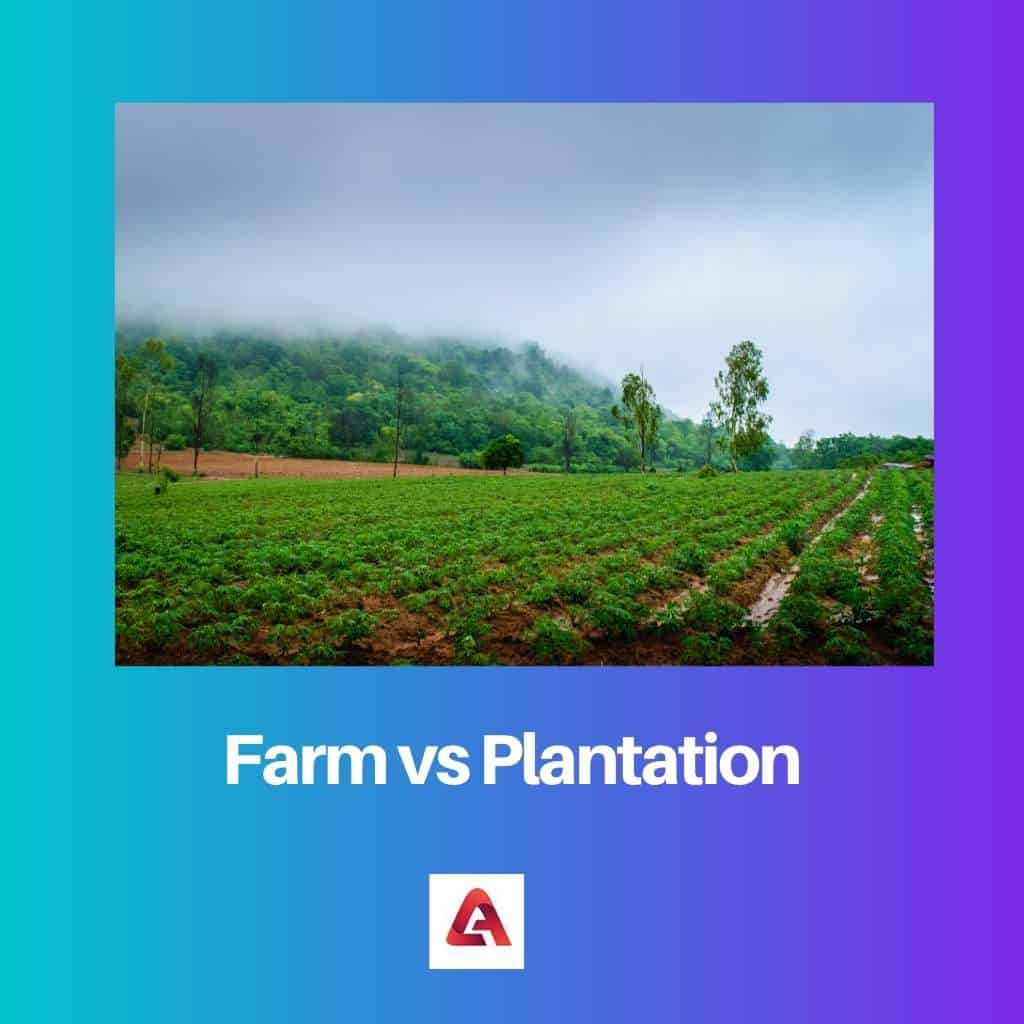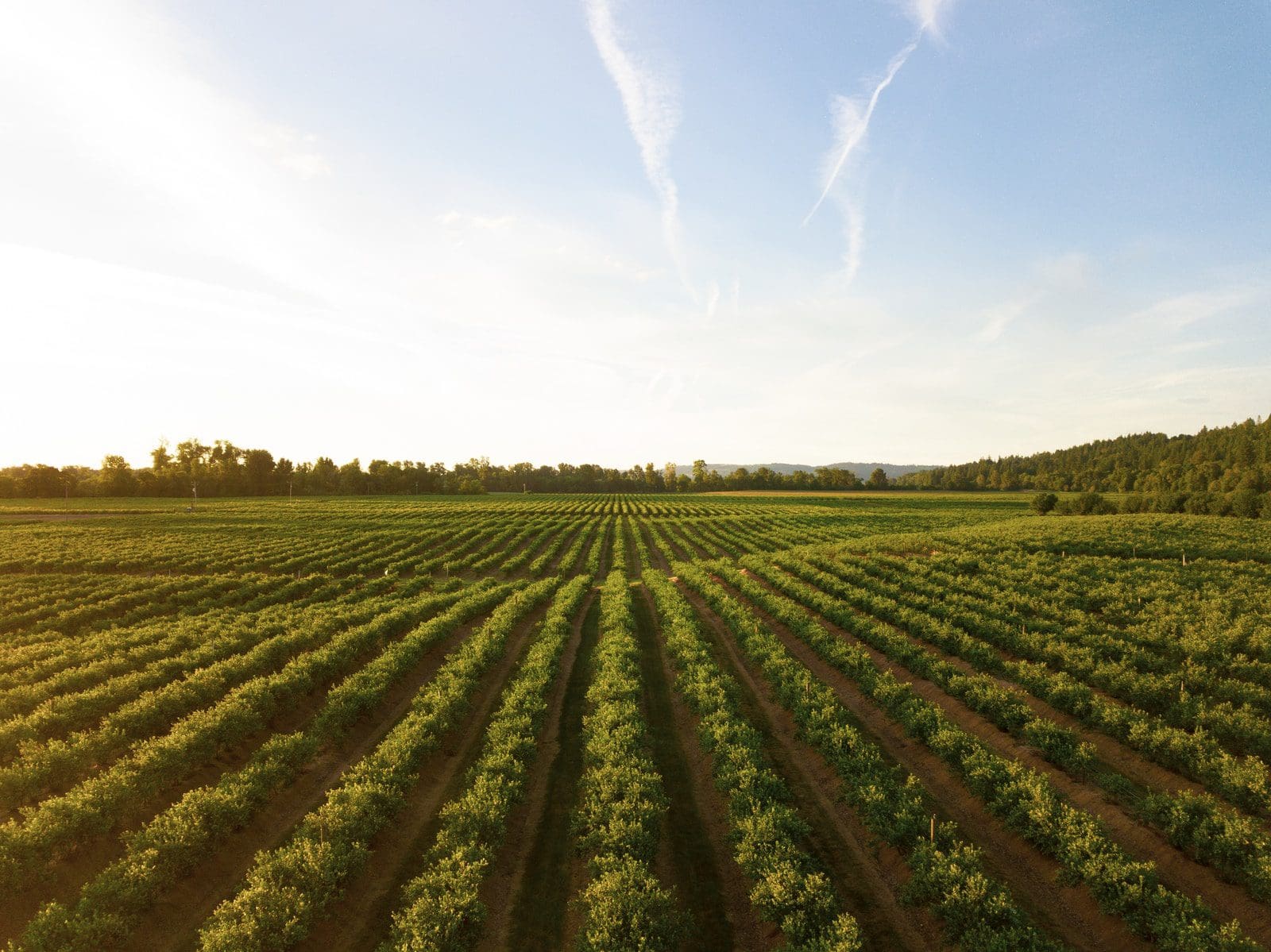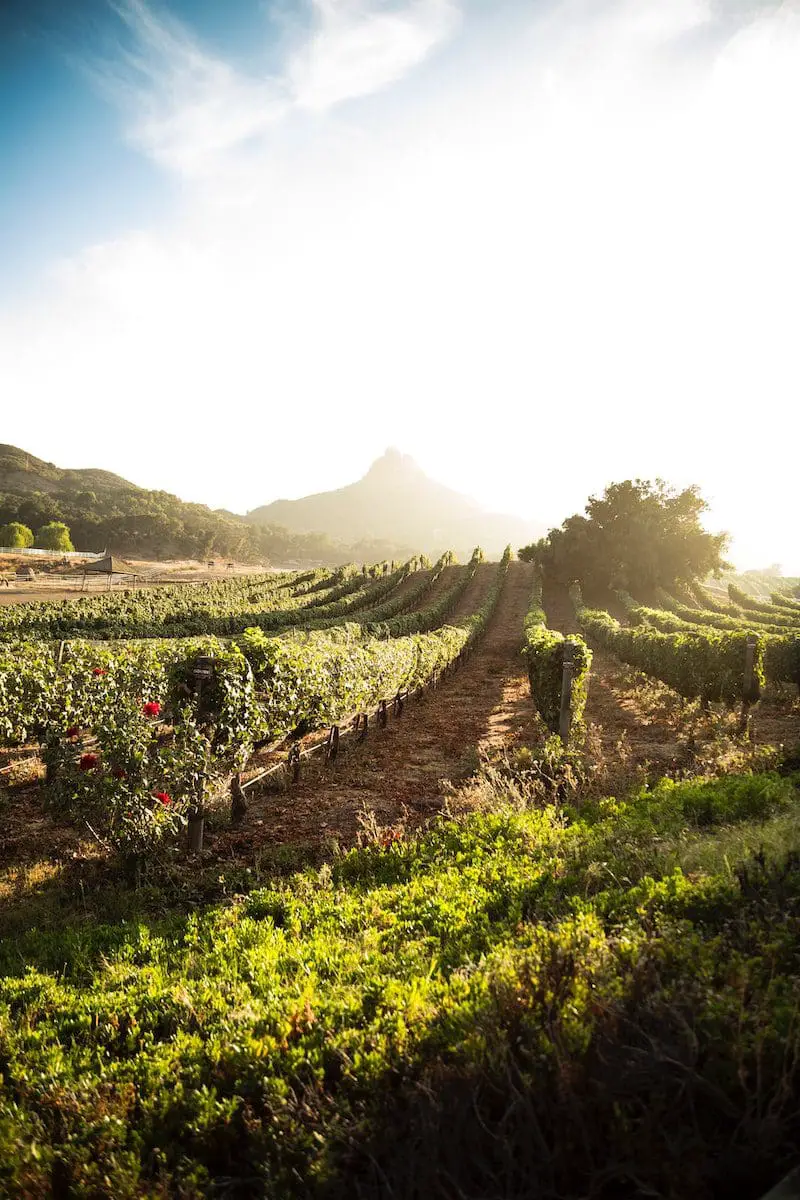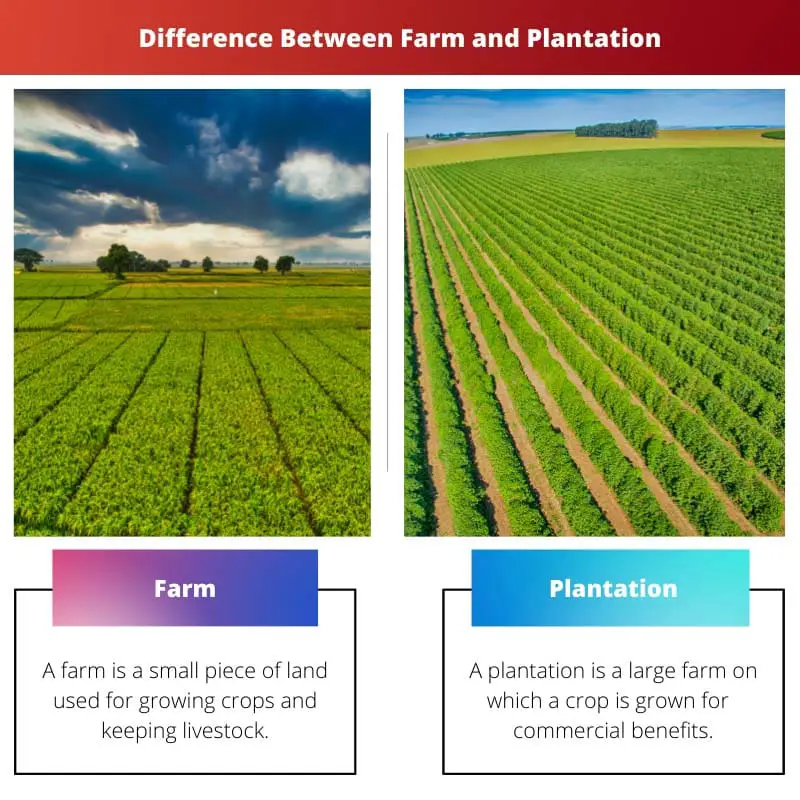Agriculture, which means the growing of crops, was something to be sighted thousands of years ago. It was the reason why people gave up nomadic hunting and settled in cities.
Essentially, both ‘Farm’ and ‘Plantation’ have a lot in common. They use the same method, which includes sowing, growing, and harvesting crops.
Key Takeaways
- A farm is a piece of land used for agriculture, such as raising crops and livestock.
- A plantation is a large farm devoted to a single crop, such as coffee, tea, or cotton.
- While both terms refer to land used for agriculture, plantation implies a larger scale and a focus on a single cash crop.
Farm vs Plantation
The difference between Farm and Plantation is that a farm is a relatively smaller piece of land that is used to grow either commercial crops or food for the farmer’s family. On the other hand, a plantation is a large farm used only for the production of commercial crops.

A farm refers to a piece of land on which crops are grown, and livestock is kept. These agricultural activities may either be performed for the personal benefit of the farmer or for commercial benefit.
A plantation is a very large piece of land on which agricultural activities are pursued for commercial benefits. Unlike farms, on which a variety of crops can be grown, a plantation grows only one crop.
Comparison Table
| Parameters of Comparison | Farm | Plantation |
|---|---|---|
| Meaning | A farm is a small piece of land used for growing crops and keeping livestock. | A plantation is a large farm on which a crop is grown for commercial benefits. |
| Crops | A farm can grow more than one crop at a time and even rear domesticated animals. | A plantation grows only one type of crop. |
| Scale of production | The scale of production is smaller as compared to a plantation. | Crops are produced on a large scale on a plantation. |
| Harvesting | A farm grows annual or bi-annual crops that can be harvested every year. | A plantation can grow perennials, spices and tree crops like coffee, rubber and tea. |
| Labor and Capital | The labor and Capital on a farm is relatively smaller than a plantation. | The labor and Capital on a plantation is large. |
What is Farm?
A farm is a piece of land on which crops are grown, and livestock is reared. This may be done either for feeding the family of the farmer or for commercial benefit.
The crops grown on a farm are either annual or bi-annual crops. This means that they need to be harvested either one or two times a year.
The owner of a farm may be a single person, family, group of persons, or even a company. The owner decides what type of farming needs to be done.
A variety of equipment needs to be used on a farm. If the farm grows crops, some of the tools used for doing so include tractors, hoes, ploughs, harrows, balers, and even combine harvesters.

What is Plantation?
A plantation is a very large farm that is used to grow just one type of crop. The crop may be a perennial, spice, or some sort of tree crop.
Examples of crops that can be grown on plantations include rubber, tea, coffee, cotton, jute, opium, sugarcane, oilseeds, cocoa, fruits, and much more.
An interesting fact is that plantations enable wood production more than natural forests do. Since the trees are altered, they yield a better and bulkier harvest than forests do.
These are those plantations on which crops are grown for the personal use of farmers and sometimes for sale. Some examples of such crops are timber and firewood.

Main Differences Between Farm and Plantation
- A farm uses lesser labour and Capital than a plantation.
- A farm can grow cash crops or crops for home use of the farmers, while a plantation only grows crops for commercial benefits.




